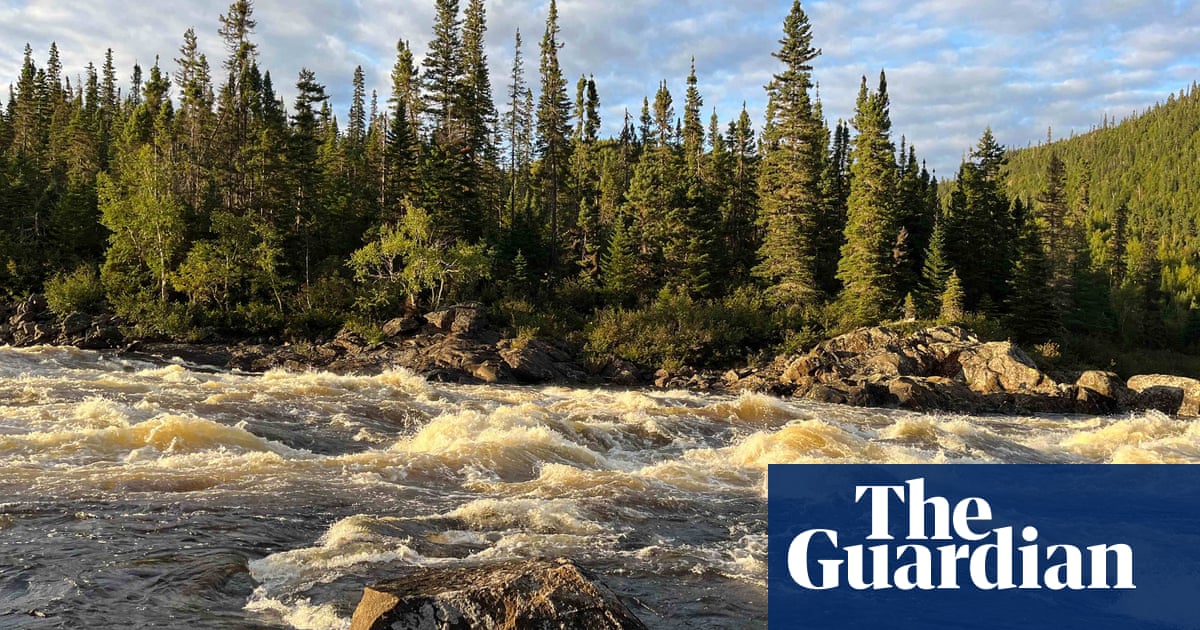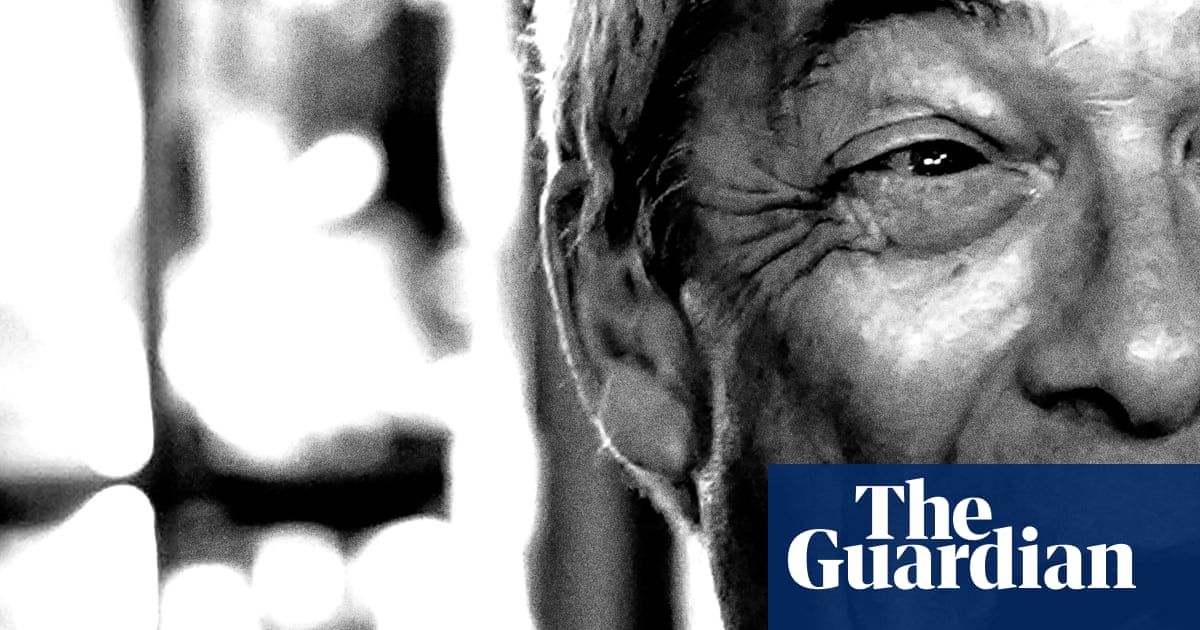My house in Altadena burned down in the wildfires on Wednesday. It all happened quickly. On Tuesday around 7pm, my wife and daughters went to a hotel as a precaution. I left the house with the dogs when the mandatory evacuation order came in around 3am. As best as I can put the timeline together, our home burned down around the same time that the sun came up, and I was able to drive in and see the damage around 2pm.
Neighbors that went in after said it looked like a “war zone”. I have never been in a war zone thankfully, but I didn’t think so. There was nothing violent or chaotic about it. No one stopped me from driving in. There were no sirens. I stood alone – no one else around – in front of my house that was at that point just a fireplace and chimney. The house across the street was about halfway done with burning down, and the house behind ours had just started to burn.
There were no attempts to fight any of it – no fire trucks that I saw. It was quiet and all very final. I don’t mean to minimize the devastation and loss that has been experienced by so many by describing it as peaceful, but it was a moment that will leave a mark on me not because of the extent of destruction but because of the calmness that I felt and experienced in the middle of it.
My house is one of many that burned down. I can see that everyone is dealing with it in very different ways and at very different paces. I don’t have a special or unique perspective to share, mostly because the experience of the past 24 hours is not unique or special. These events – often much more devastating in terms of loss of life than this one – are happening everywhere and more often with every passing year. As a climate scientist looking at these events from a distance, there can be a reaction to nod and say: “Yes, this is what we expect to unfold and what our science shows.” That’s true, of course. This event, for me, has destroyed any boundary between my work and the rest of my life, my family, my friends. It causes me to reflect on whether the words we frequently use to talk about climate change are consistent with what I’d want to hear in this moment. I haven’t really had time to sit down and pause until right now, and I just have one reflection to share.
Recently at work, I’ve been working with others to consider updates to an important guidance document for Nasa written in 2017 titled: Thriving on Our Changing Planet: A Decadal Strategy for Earth Observation from Space. It doesn’t really matter what the document is right now, but there have been discussions on how the framing should shift several years on. I feel like I am safe in saying that we are not thriving on our changing planet. And we will not thrive on our changing planet in the coming decades. But I’m not filled with despair or fatigue or ready to give up trying to help.
Even if thriving isn’t possible (which I really don’t think it is), protecting what is most important to us, supporting vulnerable communities across the globe, and ensuring a decent life for our kids can be possible and is worth working towards as best as we can. We can be both realistic and hopeful of finding a positive solution – one that doesn’t accomplish everything, maybe, but one that does enough.
My kids have now had their pre-school flooded by a hurricane and their house burned down by a wildfire in elementary school (OK, maybe I’m both a bad parent and a bad climate scientist … ). Hopefully they will not be so directly impacted, but the occurrence of these events will be the reality of their generation for quite a while. But maybe when they are my age, they’ll at least see a solution has been put into place and there is greater belief that we will be able to protect what is important to us.
Many of you reading this are colleagues of mine working towards similar objectives. Thanks for all the work you do – it is important and matters. I say that not just in my work capacity, but also as a regular person dealing with something challenging right now.
-
Benjamin Hamlington is a research scientist at Nasa Jet Propulsion Laboratory and a team lead at Nasa Sea Level Change team

.png) 3 months ago
32
3 months ago
32













































